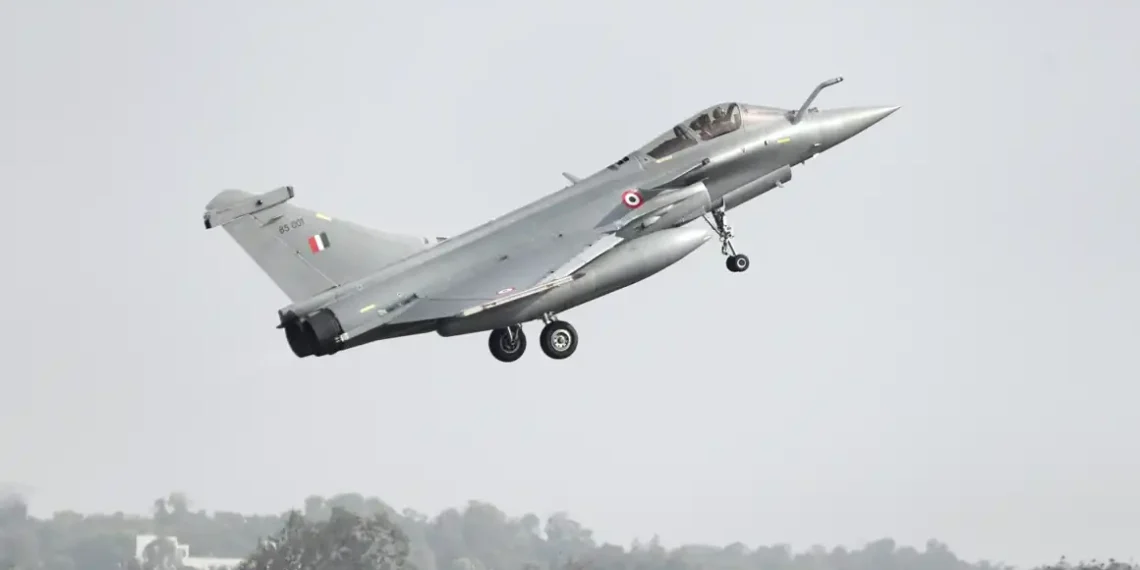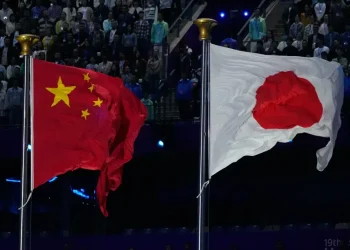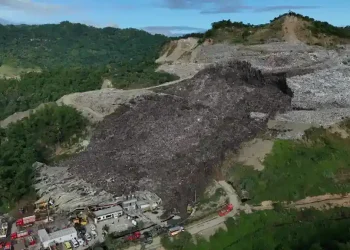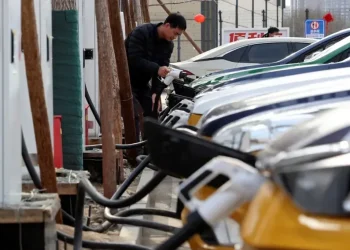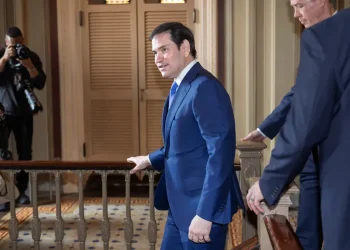China Accused of Using Embassies to Undermine Sales of France’s Rafale Fighter Jet
Paris intelligence uncovers coordinated effort to damage reputation of French military aircraft amid India-Pakistan clashes
French Intelligence Links China’s Embassies to Rafale Disinformation Campaign
PARIS — French military and intelligence officials have concluded that China actively used its embassies to spread doubts about the combat effectiveness of France’s Rafale fighter jets following clashes between India and Pakistan in May. This campaign, aimed at undermining Rafale sales worldwide, is viewed as an attempt by Beijing to boost the appeal of Chinese-made military aircraft at the expense of France’s flagship fighter.
According to a classified assessment seen by The Associated Press, Chinese defense attaches stationed in foreign embassies played a key role in lobbying countries—especially Indonesia, a current Rafale customer—to reconsider purchasing additional jets. They also sought to influence other potential buyers to opt for Chinese alternatives instead.
Rafale’s Combat Debut Sparks Scrutiny and Disinformation Efforts
The May confrontation between India and Pakistan marked the most intense air combat in years, involving dozens of aircraft on both sides. Pakistan’s use of Chinese-made jets and air-to-air missiles attracted intense analysis, especially as India deployed Rafale fighters, which suffered their first confirmed combat loss.
Pakistan claimed to have shot down five Indian planes, including three Rafales, though India confirmed losses without specifying numbers. French Air Force Chief Gen. Jérôme Bellanger later reported evidence of three Indian aircraft lost: one Rafale, a Russian Sukhoi, and a Mirage 2000.
These losses raised questions among Rafale customers, sparking concerns about the jet’s battlefield performance. French officials say this uncertainty fueled a wave of coordinated disinformation.
Coordinated Online Campaign Targets Rafale’s Reputation
French authorities have identified a widespread disinformation campaign allegedly driven by Pakistan and China. This effort reportedly involved thousands of social media accounts pushing false narratives about Rafale failures.
Tactics included viral posts, manipulated images showing supposed jet debris, AI-generated videos, and even footage from video games falsely presented as combat evidence. More than 1,000 new accounts appeared on platforms such as X, Instagram, and Facebook coinciding with the clashes.
While French military sources have yet to conclusively link the online campaigns directly to the Chinese government, intelligence suggests a parallel narrative promoted by Chinese embassy officials during diplomatic meetings.
Chinese Embassy Defense Attaches Lobby Potential Buyers
The French intelligence report highlights that Chinese defense officials actively communicated with foreign military and defense representatives, repeating claims that Rafales underperformed in combat. They promoted Chinese jets as superior alternatives, particularly targeting countries with existing Rafale orders or those contemplating purchases.
These efforts appear focused on strategic markets in Asia, where France is seeking to deepen defense partnerships amidst growing Chinese influence.
When asked about these accusations, China’s Ministry of National Defense dismissed them as “groundless rumors and slander,” emphasizing its “prudent and responsible approach” to military exports.
France Calls the Rafale Campaign a ‘Strategic Attack’
France’s Defense Ministry characterized the Rafale as a “strategic French offering” that is deliberately targeted due to its significance in France’s defense industry and international influence.
“The campaign did not merely target an aircraft but also sought to undermine France’s credibility, its industrial reliability, and its strategic autonomy,” the Ministry said.
Since its introduction, Dassault Aviation has sold 533 Rafales worldwide, with 323 delivered to countries including Egypt, India, Qatar, Greece, Croatia, the UAE, Serbia, and Indonesia. Indonesia alone has ordered 42 jets and is considering expanding its fleet.
Experts See Beijing’s Moves as Geopolitical Strategy in Indo-Pacific
Security analysts view China’s disinformation campaign as part of a broader effort to weaken Western influence in the Indo-Pacific region by damaging confidence in European military exports.
Justin Bronk, an airpower specialist at London’s Royal United Services Institute, explained, “Using Pakistan’s purported success against Rafales as a tool to undermine the jet’s export prospects fits with China’s strategic interest in limiting Western presence and partnerships in Asia.”
According to Bronk, China seized the opportunity to exploit battlefield incidents to hinder France’s growing defense ties with key Asian nations.
What’s Next for Rafale Sales and French Defense Diplomacy?
The intelligence revelations add pressure on France to defend its defense industry and maintain its diplomatic foothold in Asia amid intensifying geopolitical competition.
As Beijing continues expanding its regional influence through military exports and information campaigns, France’s challenge will be to counter disinformation, reassure current customers, and safeguard future Rafale deals.
This article was rewritten by JournosNews.com based on verified reporting from trusted sources. The content has been independently reviewed, fact-checked, and edited for accuracy, neutrality, tone, and global readability in accordance with Google News and AdSense standards.
All opinions, quotes, or statements from contributors, experts, or sourced organizations do not necessarily reflect the views of JournosNews.com. JournosNews.com maintains full editorial independence from any external funders, sponsors, or organizations.
Stay informed with JournosNews.com — your trusted source for verified global reporting and in-depth analysis. Follow us on Google News, BlueSky, and X for real-time updates.
